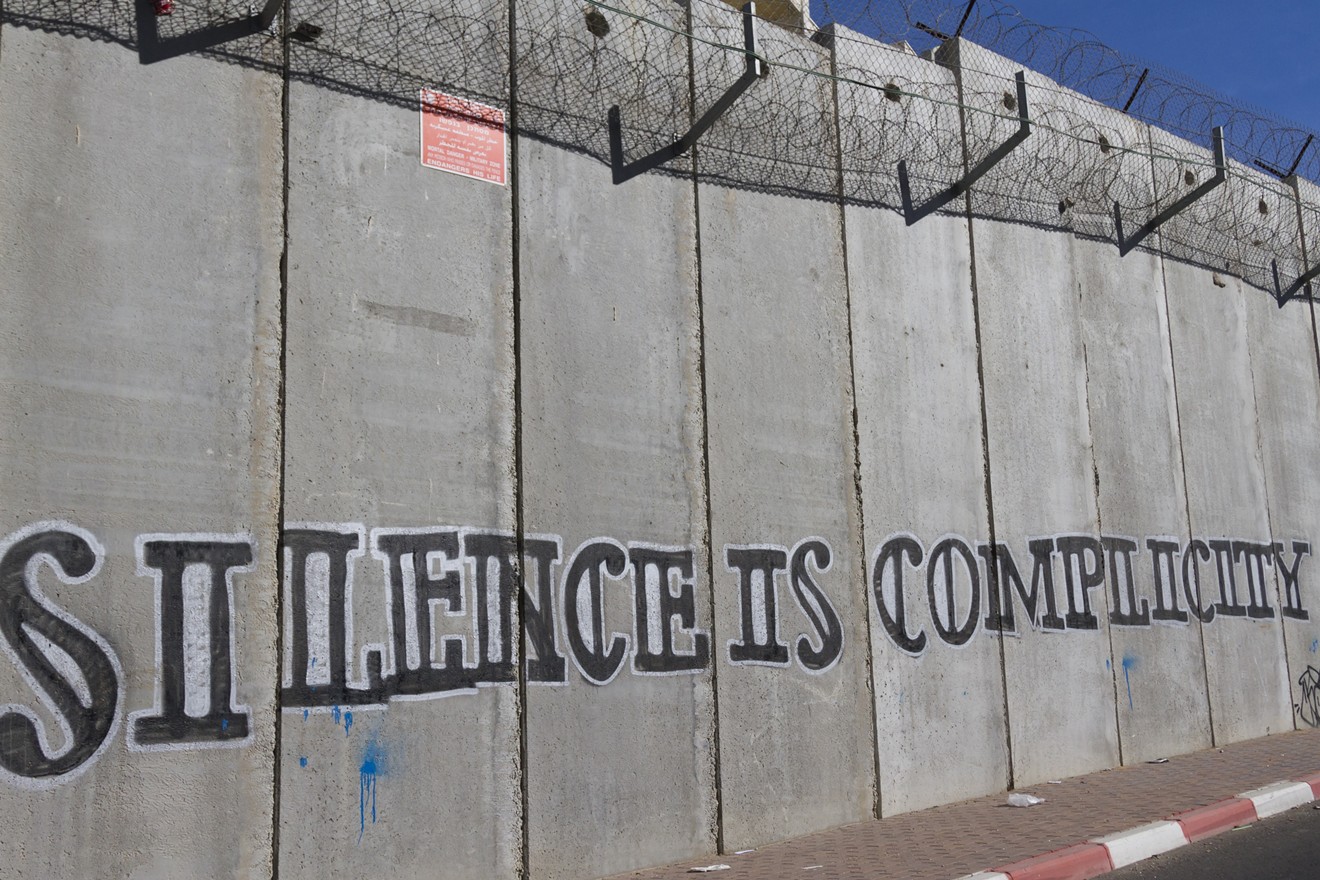The BDS movement calls on all governments to do exactly what the name suggests to Israel in protest of the country's occupation of Palestinian territory in the West Bank. A 2017 Texas law forbade any state entity from entering into contracts with individuals or businesses that support BDS, leading to a heap of legal trouble for the state.
Late last month, U.S. District Judge Robert Pitman ruled in favor of Bahia Amawi, a former speech pathologist with Pflugerville ISD, who recently sued the state over the law after she was fired from her job for supporting BDS.
“I was shocked because I didn't know what my position as a speech therapist helping kids improve their language in an elementary school had to do with economic harm to Israel and why the government was trying to be involved in restricting me in boycotting a certain entity,” Amawi told the Observer in December. “I felt like my rights were taken away and that I had no choice in what products I could purchase.”
Amawi claimed the Texas law violated her First and 14th Amendment rights. Pitman agreed.
"(T)he Court finds that H.B. 89’s plain text, the statements surrounding its passage, and Texas’ briefing in this case reveal the statute to be a viewpoint-based restriction intended not to combat discrimination on the basis of national origin, but to silence speech with which Texas disagrees," Pitman wrote in his decision.
"A federal judge has already ruled in favor of protecting Texans’ right to boycott as they choose, and this attempt to narrow the law's reach does not cure the fact that it still directly violates the First Amendment." — Andre Segura
tweet this
This year's bill limits the number of companies subject to the law. Only companies with more than 10 full-time employees and contracts of more than $100,000 with the state would see their deals subject to cancellation, should they support BDS.
"The bill primarily makes our original intent clear, which is that it was not to pertain to small contracts and individuals," Texas Sen. Brandon Creighton said last month, as the Senate version of the bill was debated on the floor, according to the Texas Tribune.
Andre Segura, legal director for the ACLU of Texas, said the bill is still unconstitutional, despite its narrowed scope.
"A federal judge has already ruled in favor of protecting Texans’ right to boycott as they choose, and this attempt to narrow the law's reach does not cure the fact that it still directly violates the First Amendment," Segura said in a statement. "We will continue to defend the constitutional rights of all, and urge those who believe they will be targeted by this new law to contact us."












